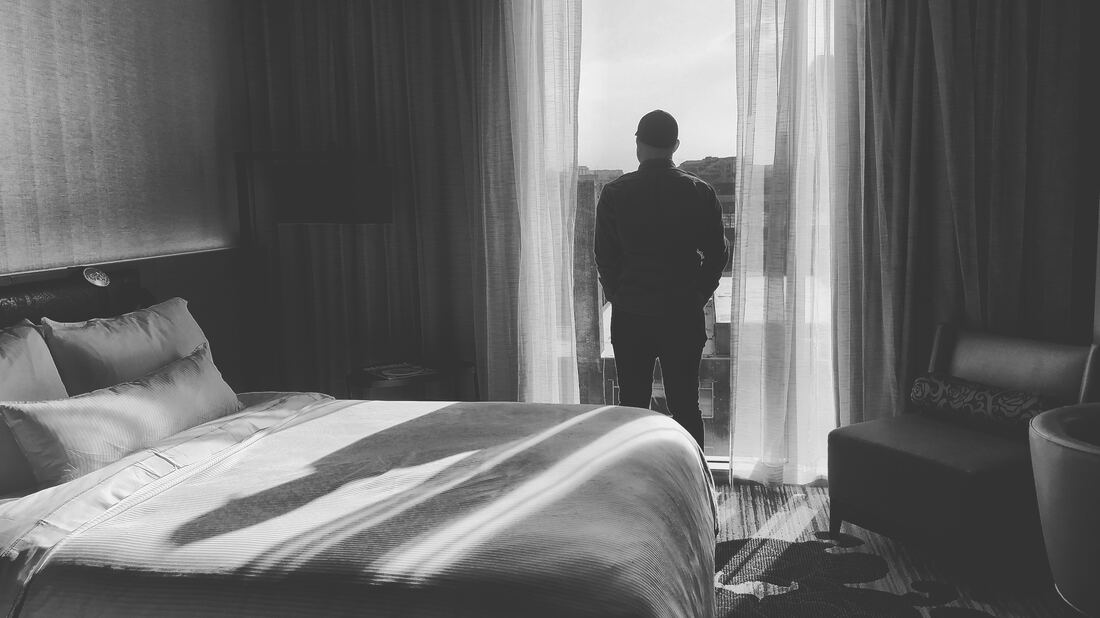|
Sexual desire is complex. It’s multi-dimensional, multi-causal and multi-layered. When we think of lower libido, we typically think of women. It’s common to hear stories of women who don’t feel waves of lust coursing through them. Low sexual desire in women has been normalised to the point that “Not tonight honey, I have a headache” is a trope we have all heard on TV. What about men who don’t feel the spontaneous, frequent, gripping urge to throw their partner to the bed and rip off their clothes? This isn’t something we often consider. Society sees men as hungry beasts, always wanting sex. What Causes Lower Libido in Men? Humans, including men, are complex creatures and so is sexual desire. Lower libido in men doesn’t get much attention. Instead, the focus is on erectile dysfunction. According to porn and the media, all a man needs for a successful sexual encounter is an erection; which is apparently simple to achieve. But this isn’t the case. Libido plays an integral part in the ability and desire to have a sexual experience. Low sexual desire is experienced by about 1 in 6 adult men (15-17%). It’s incredibly common, so if you or your partner experience lower libido, you’re not alone. What Exactly is Libido? Libido is, simply put, someone’s drive or desire to have sex. It’s influenced by biological and psychological factors, as well as social, cultural and relational factors. Everyone experiences sexual desire differently. Not only is everyone’s sex drive different, but people can experience vast fluctuations and changes over time. Typically, libido rises when everything comes together in a positive, healthy way that points to sex being a pleasurable experience. The body is willing, the mind is ready, and the context supports the action. However, this is not guaranteed. Even if everything seems to be lined up perfectly, sex drive can be difficult to force or generate. How do Different Factors Influence Lower Libido? Your level of sexual desire can be influenced by a range of factors; biological, sexual, psychological, cultural and relational. Often, they are interrelated, and something that is impacting one area will affect another area. As you read through the following information, you may start to notice all the ways that these factors are connected . Biological The human body is complex and shifts in different parts of someone’s health can have an impact on sexual desire.
Psychological Just as the state of your body and health can influence sexual drive, so can your emotional and mental state.
Sexual Factors This may seem obvious, but when there are factors at play that impact how you experience, think and feel about sex, your desire for sexual connection can decrease.
Relational For many people, sexual experiences are driven by connection. The state of our relationships, how we relate to others, and how they relate to us can be a factor that shifts and impacts libido.
Cultural Humans are social creatures. Culture plays an integral part in how we relate to ourselves and others. When something gets in the way how we have been taught to feel, this can have an enormous impact on how we experience sexual attraction and desire.
What Can be Done About a Lower Libido? While it might seem daunting that there are so many things that can lead to low sexual desire, many of them are connected.
When you change something in one area for the better, other sectors also improve. Nothing in life is stagnant, and with support and guidance, you can take control of the factors influencing your sex drive. If you want things to change, they can. Talking with a sex therapist can be a safe and empowering way to discuss what you are dealing with and find ways to work through it. Sex therapy provides you with knowledge, insight, and allows you to have conversations in a safe environment. Experiencing lower libido is common. While it may seem embarrassing or shameful, you are not alone. Sometimes reaching out for support is difficult, so we use an online booking system that is as user-friendly as possible. Or if you prefer, you can call us directly to set up an appointment that is convenient for you. Comments are closed.
|

 RSS Feed
RSS Feed